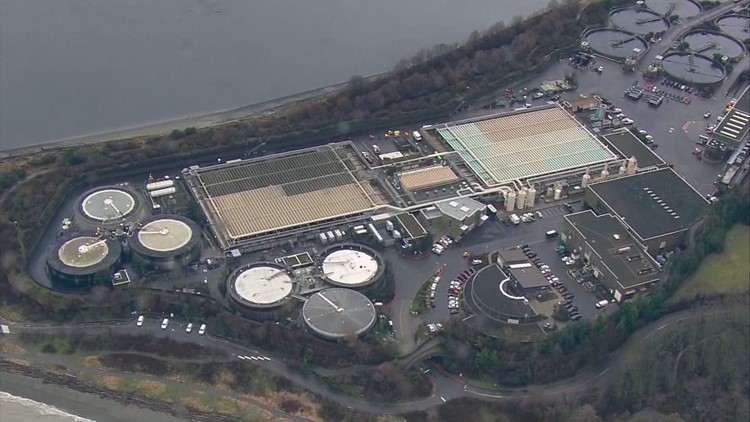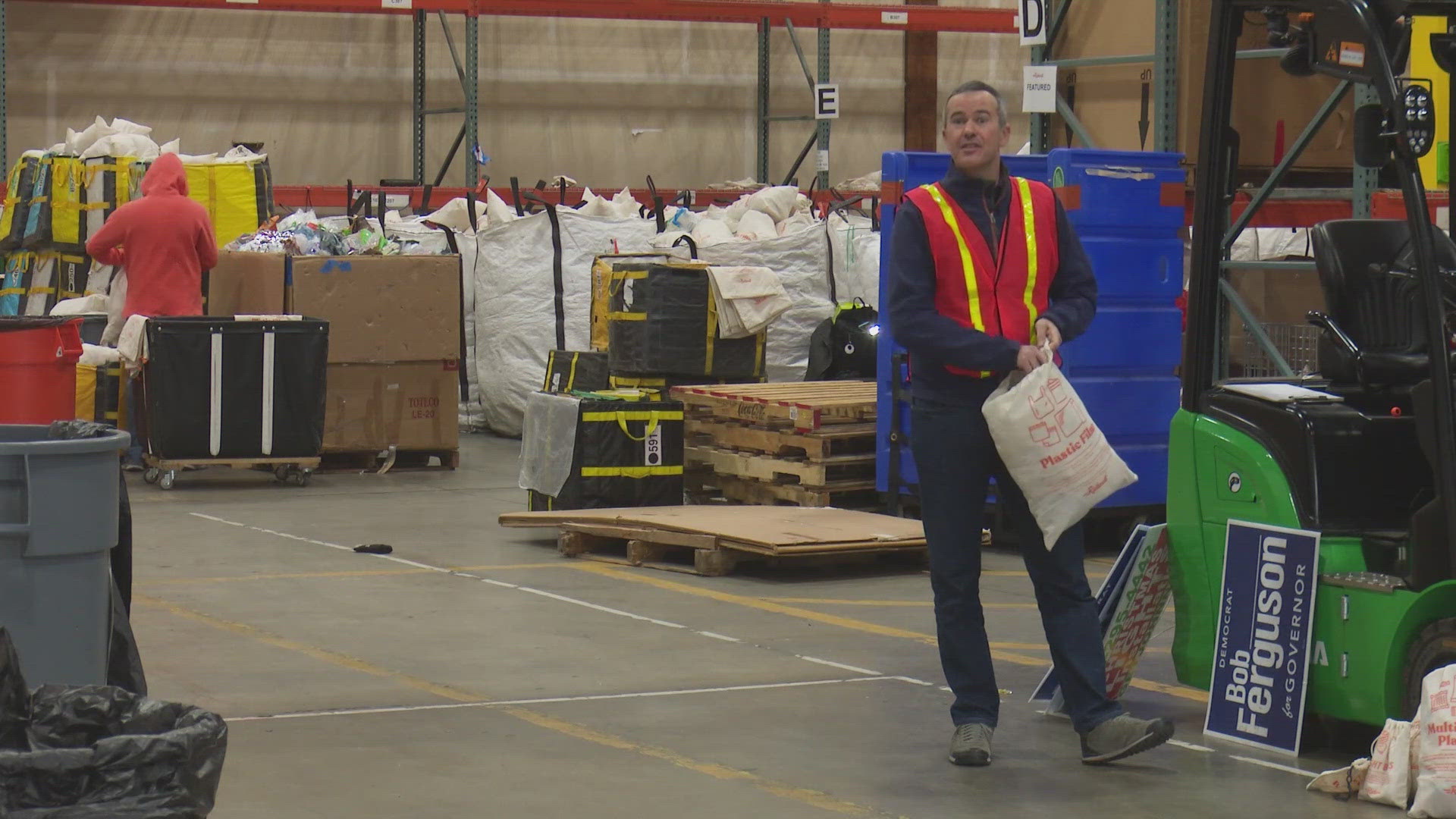An independent investigation of the West Point Treatment Plant failure in February found that strain on the treatment facility is expected to worsen in the future.
Heavy rainfall in February caused the treatment plant to fail, culminating in flooding and about 180 million gallons of storm water to mix with untreated sewage in Puget Sound, the report said. King County hired AECOM to investigate the incident.
“Overall, the independent review findings confirm we are on the right track, and we are ready to commit to carrying out these recommendations," said Christie True, King County Department of Natural Resources and Parks director.
The February failure caused up to $57 million in damage.
"I think the recommendations in this report … will be helpful in making sure that we have a system that can serve the region's growth needs," King County Councilmember Rod Dembowski said.
The investigation report was made public by the council. They discussed it at a Transportation, Economy and Environment Committee meeting Tuesday morning.
"Seattle's population has been growing substantially, which will lead to an increase in sanitary flows to the combined sewer system," the report said. "Climate change may also lead to more frequent and/or more intense rain events, resulting in increased volumes and frequency of high flows to the plant."
Other findings include: the treatment plant does not have sufficient redundancy, it needs a higher level of operational integration to manage interdependencies, emergency response training for plant operators didn't plan for this type of emergency, and upgrades to the plant should be optimized to improve the reliability during heavy rainfall events.
"The failure event on February 9, 2017 was unprecedented," the report said. "The systems failures occurred during a period of peak flows, and the plant operators had very little time to respond. Operators were experienced and trained in many safety procedures, and they understood the importance of rapidly returning systems to operation; however, they were not adequately trained for this particular type of emergency."
AECOM made four recommendations to prevent a similar incident in the future.
One recommendation is to implement a Life Safety Management system, which aims to "support the team to keep all the critical elements of the plant in optimum working order." It could enforce operations and maintenance procedures more strictly, and work toward continuous improvement.
The other three recommendations are to conduct comprehensive emergency response training, an integrated evaluation to address plant constraints and improve redundancy, and optimize a capital improvement plan to maximize redundancy.
“The treatment plant has been meeting its permit requirements since May 12, thanks to the dedication of our employees and contractors who worked around the clock to restore critical equipment and get the plant back up and running within days of the emergency," True said.



